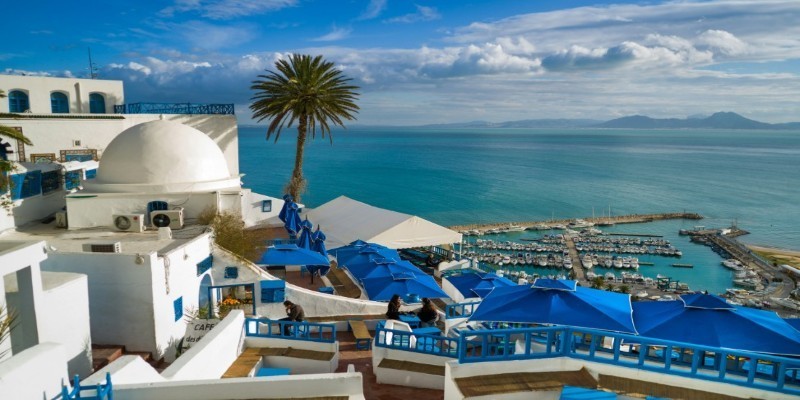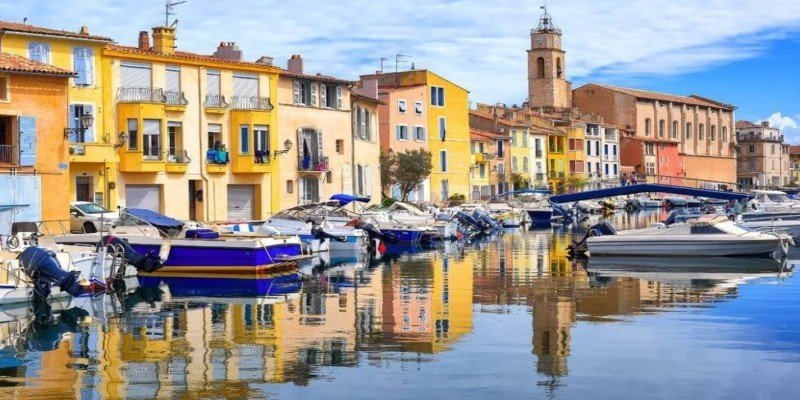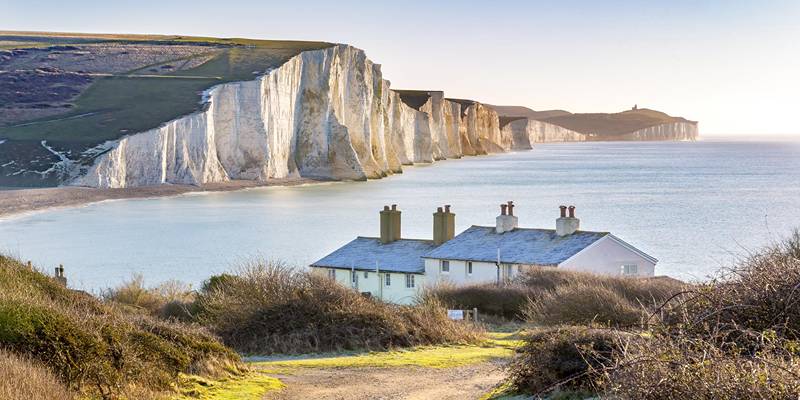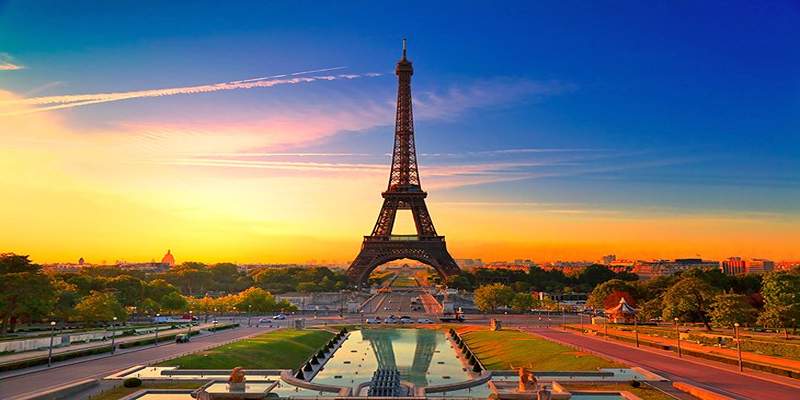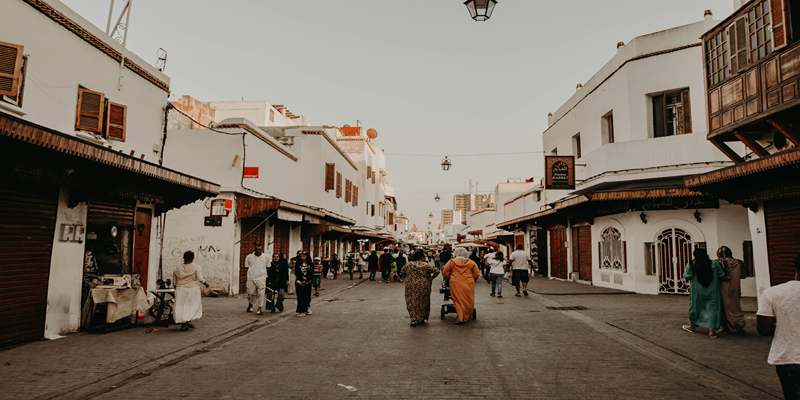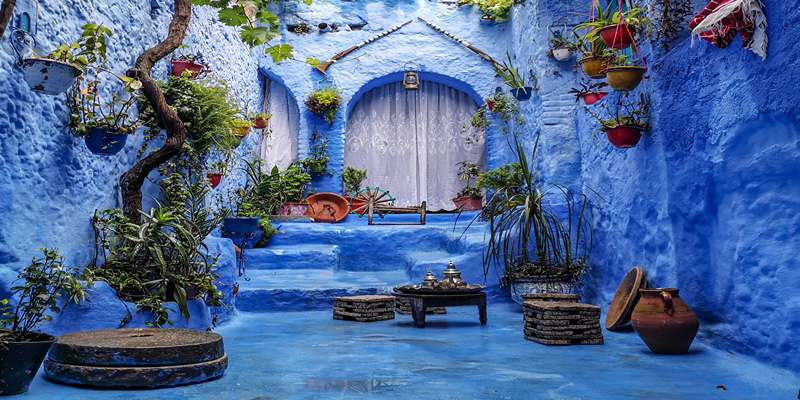France often appears at the top of travel wishlists—and for good reason. Its charming villages, breathtaking landscapes, and world-famous cuisine make it a dream destination. For someone planning their first journey to France, the idea can be both exciting and a bit daunting. With a different language, unfamiliar systems, and new social norms, knowing what to expect makes all the difference.
This guide was written to help first-time visitors to France feel informed, confident, and fully prepared. From transport logistics and dining etiquette to understanding regional differences, this post offers practical insights and thoughtful tips, all from a third-person point of view, without overloading the traveler with history or generic fluff.
Preparing for the First French Adventure
Before boarding a plane or train, travelers need to ensure that all essential documents are ready. Depending on nationality, a visa may not be required for short visits, especially for tourists from the EU, the UK, the US, Canada, and several other countries. Nonetheless, it’s critical to confirm the latest entry regulations before the trip.
Packing wisely for France means understanding its varied climate. In the summer, southern France is typically sunny and warm, while northern cities like Paris tend to be cooler, especially in spring and autumn. Comfortable walking shoes are essential, as exploring French cities often involves cobbled streets, metro stairs, and scenic detours.
Navigating Language Barriers

While many people in tourist-friendly areas speak English, French remains the most widely spoken language. For a first-time visitor, mastering a few polite phrases can be very helpful. Greetings such as "Bonjour" (Hello) and "Merci" (Thank you) are expected during interactions, even brief ones.
The French appreciate courtesy and formal behavior, especially in service environments. When entering shops or restaurants, acknowledging the staff with a greeting is not just polite—it’s culturally expected. A traveler who makes this small effort is more likely to receive helpful, respectful service.
Although fluency in French isn't necessary, downloading a translation app can facilitate smooth communication in more rural regions or small towns where English may not be widely spoken.
Moving Around the Country
One of France’s most notable features is its highly developed transportation network. First-time visitors can take advantage of the country’s reliable and fast train system. The TGV (high-speed train) connects major cities quickly and efficiently, making it an ideal choice for travelers who want to see more than just Paris.
Bookings on rail journeys can save money and secure better seat options. Regional trains and buses are also well-organized, although they may require some patience in less touristy locations.
In major cities such as Paris, Lyon, and Marseille, public transportation is both affordable and user-friendly. Metro lines are well mapped, and signs usually include English translations. Purchasing a rechargeable metro card or a multi-day transit pass can be more cost-effective for extended stays in the city.
For those who want to explore small villages, countryside attractions, or coastal routes, renting a car is a practical option. However, it’s important to remember that driving in France comes with tolls, roundabouts, and parking challenges, especially in old towns where streets are narrow and often pedestrianized.
Enjoying Food and Meals the French Way
France’s culinary culture is a key part of the travel experience. First-time visitors should be aware that meals are often taken more slowly and at designated times of day. Lunch is generally between 12:00 and 2:00 PM, and dinner usually starts after 7:30 PM.
Restaurants may close between meals, so finding a full lunch service mid-afternoon can be difficult. Cafés and bakeries (boulangeries), however, remain open throughout the day, offering light snacks, sandwiches, and pastries.
It’s important not to rush meals. In France, dining is as much about conversation and appreciation as it is about nourishment. Waiters will not bring the check unless asked—this is considered a gesture of respect for the diner’s time and space.
For those who prefer to eat economically, local markets, boulangeries, and small neighborhood cafés offer delicious, affordable options.
Regions Worth Exploring
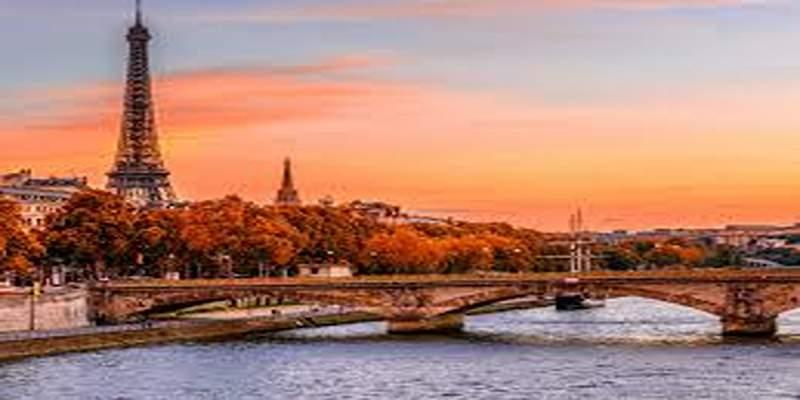
Although Paris is often the focal point of a first trip, France’s diversity offers far more to explore. Each region has its own identity, cuisine, landscapes, and atmosphere. Depending on the traveler's interest, these are some excellent beginner-friendly regions:
- Paris: The capital city boasts iconic sights such as the Eiffel Tower, Notre-Dame, and the Louvre. Its compact neighborhoods are best explored on foot or by metro, revealing hidden courtyards, patisseries, and scenic viewpoints.
- Loire Valley: Renowned for its storybook castles and riverside towns, the region is ideal for travelers seeking calm, natural beauty, and architectural wonders.
- Alsace, a northeastern region bordering Germany, is characterized by half-timbered houses, scenic villages, and hearty cuisine.
- Brittany: This coastal region offers rugged seascapes, seafood (for those who enjoy it), and a strong Celtic heritage.
- Provence, located in the south, is renowned for its lavender fields, olive groves, and sun-drenched villages.
Travelers should avoid trying to see too much in one trip. A focused itinerary allows for a richer and more relaxed experience.
Technology and Connectivity
France has good connectivity for international travelers. Free Wi-Fi is available in most hotels, public areas, cafés, and train stations. For longer stays or frequent navigation needs, purchasing a prepaid SIM card from a local provider offers better mobile data access than international roaming.
Maps and apps like Google Translate, Citymapper, or SNCF (for trains) can greatly ease transportation and communication challenges. However, having offline versions of key maps and addresses is a smart move, especially in rural areas where coverage may be limited.
Conclusion
For a first-time traveler, France can feel both familiar and new. The key to enjoying the trip lies in embracing the country’s pace, respecting its customs, and planning just enough to feel prepared without overloading the schedule.
Whether it’s strolling through historic streets, tasting local cuisine, or navigating a train station in a new city, each moment adds to the richness of the experience. France offers more than photo opportunities—it invites thoughtful exploration, cultural appreciation, and the simple joy of discovering something new.

